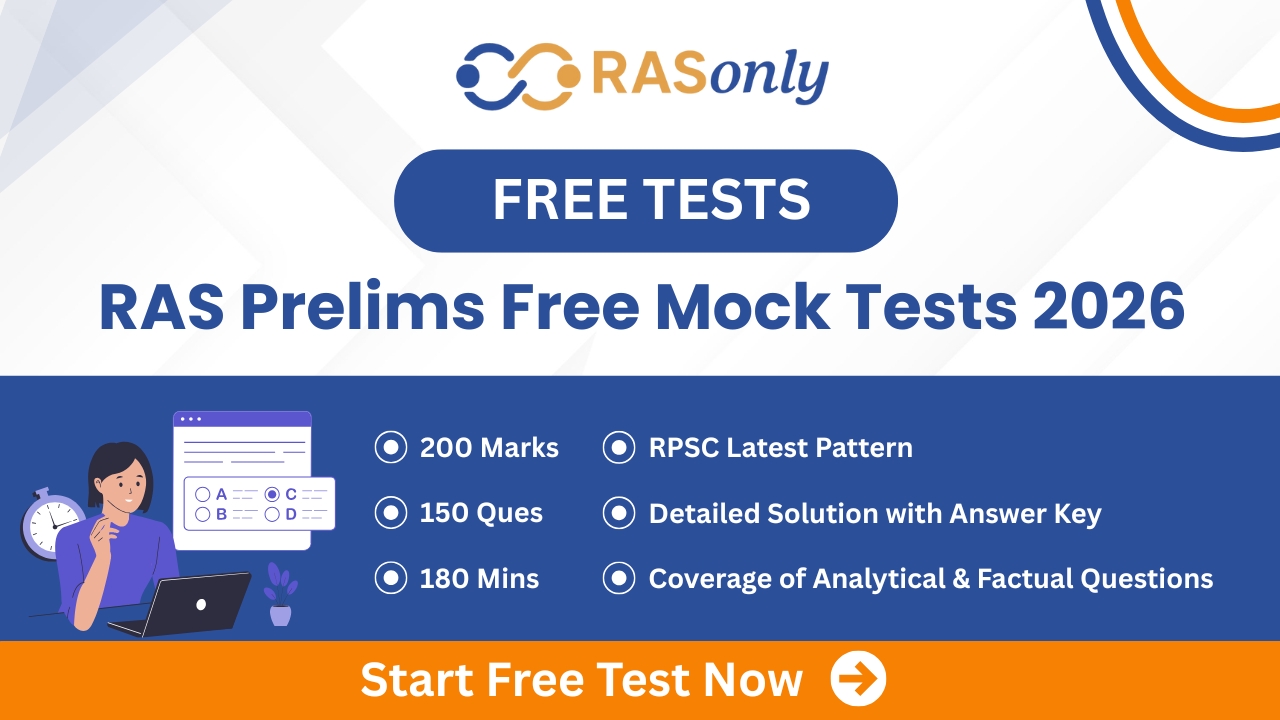The Supreme Court questioned whether the use of Pegasus spyware by the Indian government against anti-national elements would be legally or ethically wrong, emphasizing the balance between national security and individual privacy. The hearing rekindled debates about surveillance accountability, citizens' rights, and the limits of state power in a constitutional democracy.
Summary in Short Points
- SC questioned if using Pegasus on anti-nationals violates any law.
- Justice Surya Kant emphasized the need to balance privacy with national security.
- Petitioners, including N. Ram and other journalists, sought access to the technical committee report.
- Court refused to disclose findings that may impact sovereignty or national security.
- Senior advocate Kapil Sibal cited a U.S. court ruling acknowledging India's alleged Pegasus use.
- Petitioners demand transparency, especially for those who submitted phones for forensic examination.
- Solicitor General said “terrorists cannot have privacy rights.”
- Court asked for a list of people who suspect they were surveilled using Pegasus.
- Justice R.V. Raveendran’s report on surveillance laws and citizen rights was also sought.
What is Pegasus?
Pegasus is military-grade spyware developed by Israel’s NSO Group. It can infiltrate phones without the user's knowledge and access calls, messages, location, camera, and microphone data. It is reportedly sold only to governments.
The Indian Context:
- In 2021, allegations emerged that Pegasus was used to spy on Indian journalists, activists, politicians, and even judges.
- The Supreme Court had then formed a technical committee to investigate the matter and check the presence of malware on submitted devices.
Legal & Constitutional Issues:
Right to Privacy (Article 21):
Surveillance without legal sanction is a violation of the right to privacy, upheld in the landmark Puttaswamy vs Union of India (2017) judgment.
- Government’s Position:
The state argues it must maintain secrecy in matters of national security.
It has neither confirmed nor denied the use of Pegasus. - Supreme Court's Current Stand:
Acknowledges that the use of spyware is not illegal per se, but its targeting must be justified.
The “real question” is not whether Pegasus was used, but on whom and for what reasons. - Concerns Raised by Petitioners:
Use of spyware against citizens, journalists, and judges is unconstitutional and dangerous.
Demanded disclosure of findings, especially for those whose phones were tested.
Highlighted a U.S. court case that supports the claim Pegasus was used in India. - Surveillance Laws in India:
Surveillance is governed by the Indian Telegraph Act (1885) and Information Technology Act (2000).
No specific oversight mechanism exists for authorizing or auditing digital surveillance.
- Justice Raveendran Committee Report:
- Submitted suggestions on improving surveillance mechanisms, enhancing cyber security, and protecting citizen rights.
- Petitioners have requested this report be made public.
Conclusion
The Pegasus spyware case raises fundamental questions about the limits of state power, the protection of civil liberties, and the adequacy of existing legal safeguards in the digital age. While national security is paramount, constitutional morality demands that citizens are not subjected to arbitrary surveillance. This case is not just about technology—it is a test of democratic accountability and transparency.
Q1. Which of the following rights is primarily concerned in the Pegasus surveillance case?
A) Right to Property
B) Right to Equality
C) Right to Privacy
D) Right to Protest
Q2. What was the Supreme Court’s primary concern during the Pegasus hearing on April 30, 2025?
A) Whether the spyware is of Israeli origin
B) Whether the petitioners were political activists
C) Whether surveillance was done on anti-national elements or private citizens
D) Whether India has cyber warfare capabilities
Answer: C) Whether surveillance was done on anti-national elements or private citizens




